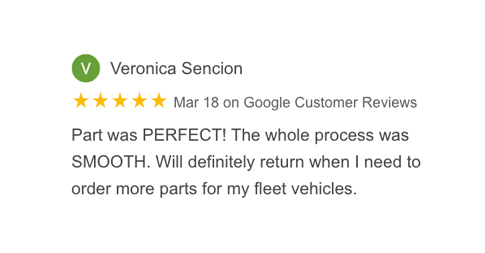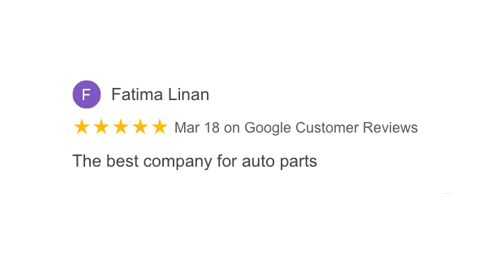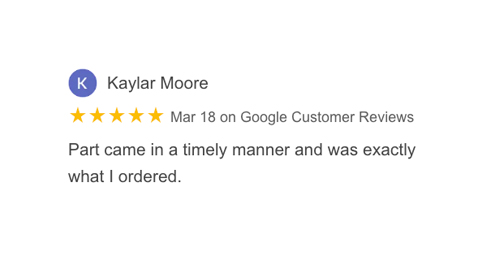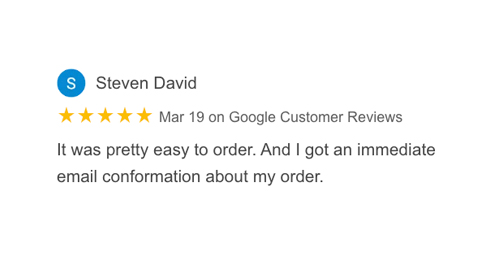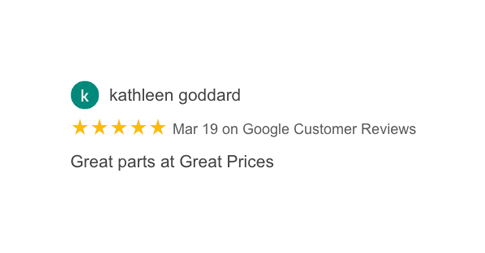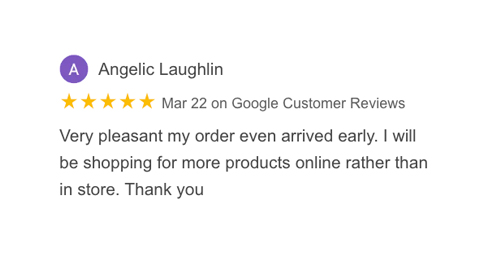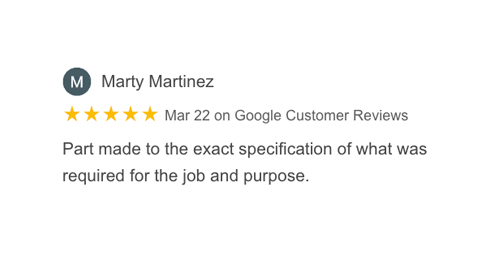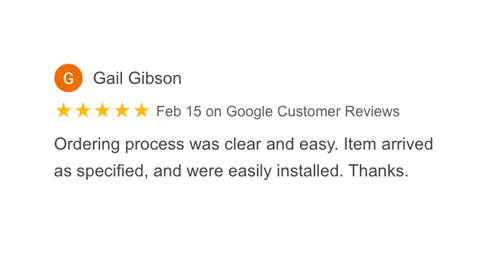Handling is always an important factor to consider when in the market for a new or used vehicle.
Drivers usually go for vehicles that respond well to steering input because it makes their driving experience smooth and effortless.
There are, however, some models that don’t handle well and need some help from aftermarket upgrades to elevate their performance.
Handling Upgrades for Effortless Driving
A vehicle with good handling characteristics is responsive, stable, and smooth regardless of the steering input.

For some drivers, it might take a while to get used to how their vehicle responds. The steering wheel might feel stiff at first, but after a couple of drives, it tends to feel smoother.
For some vehicles, breaking them in is simply not enough to improve their handling.
So if your daily driver happens to be one of those stubborn vehicles, consider installing these aftermarket products.
Coilovers
Coilovers are like struts that possess the damping abilities of shock absorbers. Coilovers make it possible to adjust a vehicle’s ride height, which is a crucial factor in handling.
A low center of gravity means better handling. This explains why most race cars are extremely low and why some have their engines positioned in the rear.
With coilovers, you’ll be able to adjust ride height, damping rates, and the balance between the front and rear axles, depending on your preferences. Think of them as a more refined version of shocks and struts compressed into a single unit.
Popular Brands for Aftermarket Coilover Kits:
Average Price Range: $500-$1,200
Lowering Springs
Like coilovers, lowering springs adjust a vehicle’s center of gravity, bringing it closer to the ground than normal.
These springs are stiffer and shorter than the stock springs your vehicle came with, which can improve your car, truck, or SUV’s cornering, accelerating, and braking performance.
Lowering springs can also reduce wind drag since less air will hit the tires; less of the frontal area of the tire will be exposed.
Caution: If you go too low, however, speed bumps might be an issue.
Popular Brands for Lowering Springs:
Average Price Range: $200-$500
Polyurethane Suspension Bushings
Replacing your stock rubber bushings with polyurethane bushing is a subtle yet effective upgrade that can improve your vehicle’s handling.
Polyurethane is stiffer than rubber and is more resistant to wear caused by extreme temperatures, oil, coolant, and grease.
Unlike rubber bushings, polyurethane bushings don’t crack or dry out, making them a suitable alternative to metal bushings.
Popular Brands for Suspension Bushings:
Average Price Range: $50-$200
Wheel Spacers
Wheel spacers are aftermarket upgrades that create a gap between the wheel and wheel well. Wheel spacers push the wheels outward, increasing the wheels’ distance from the entire wheel hub assembly.
With wheel spacers, the vehicle covers more ground, essentially spreading out its mass to a wider area, which can help improve handling, grip, and cornering.
Caution: Check your local DOT regulations. Some states don’t allow wheels to extend out past the fenders.
Popular Brands for Wheel Spacers:
Average Price Range: $80-$250
Strut Brace
A strut brace connects two parallel strut towers to reduce chassis flex, improve cornering, and reduce body roll. Many OEMs come with these.
The strut brace is typically installed under the hood. By mounting a strut brace to your vehicle, you’ll notice improved steering precision at high speeds. Your vehicle may also exhibit reduced understeer, tire wear, and metal fatigue in the strut tower.
Popular Brands for Strut Braces:
Average Price Range: $50-$250
Performance Alloy Wheels
Consider replacing your stock wheels with performance alloy if you want to see a significant change in your vehicle’s handling.
Compared to steel wheels, alloy wheels are much better at reducing unsprung weight. Note that unsprung weight refers to parts of the vehicle not supported by the suspension. The lighter this is, the better steering response you’ll get.
Alloy wheels are more rigid than steel wheels, making them better at reducing wheel and tire deflection under cornering speeds.
Popular Brands for Aftermarket Wheels:
Average Price Range: $100-$500
Sway Bar Kit
Worn-out links and bushings can affect the way your sway bar works. Usually you’ll hear popping noises going over speed bumps or over turning on uneven ground. Increased body roll, clunking noises, and abnormal tire wear are textbook symptoms of a failing sway bar.
If your vehicle exhibits these symptoms, consider getting your sway bar checked and its related components.
The sway bar prevents too much body roll from occurring every time you make a turn.
The sway bar acts as a torsion spring under this circumstance, leveling your vehicle’s wheels to avoid tilting.
Popular Brands for Sway Bar Kits:
Average Price Range: $100-$500
What to Keep in Mind Before Installing Upgrades
When it comes to installing upgrades for better handling, you’re essentially playing with your vehicle’s suspension and wheel alignment.
Keep in mind that these are crucial for your safety and the overall operation of your vehicle. Don’t attempt to perform these upgrades yourself if you don’t have advanced auto repair know-how and possess the right tools and skills to get the job done.
It may be more convenient to bring your vehicle to a trusted mechanic. You can also get professional advice regarding which upgrades will work best on your vehicle.
Lastly, consider getting these upgrades only if you’ve confirmed there are no other issues with your vehicle.
Installing a couple of wheel spacers won’t necessarily get rid of the clunking noises you hear from steering, and you might even make matters worse by installing additional parts without double-checking the condition of your vehicle.
Any information provided on this Website is for informational purposes only and is not intended to replace consultation with a professional mechanic. The accuracy and timeliness of the information may change from the time of publication.


